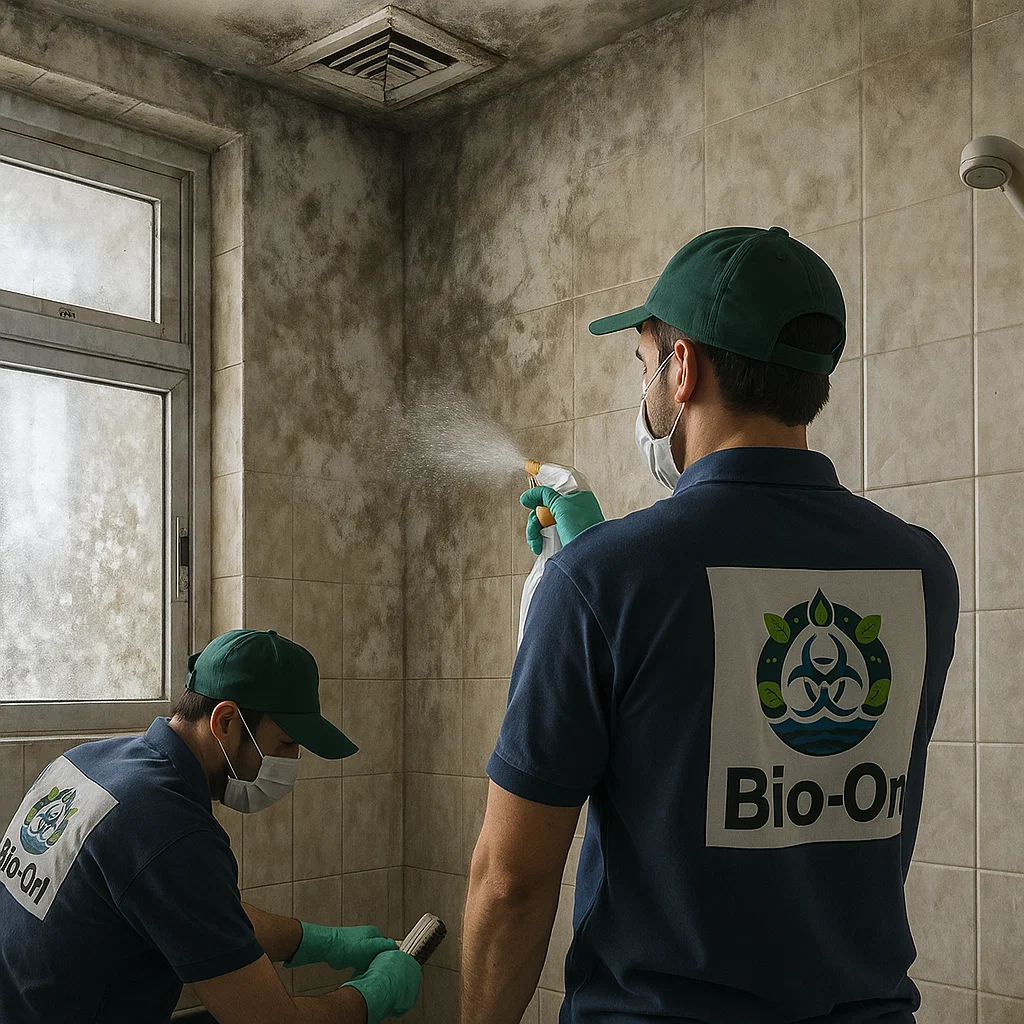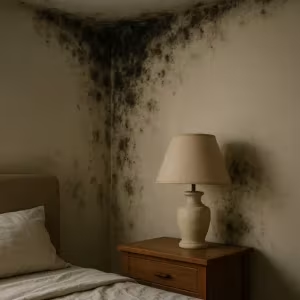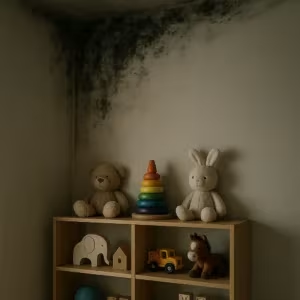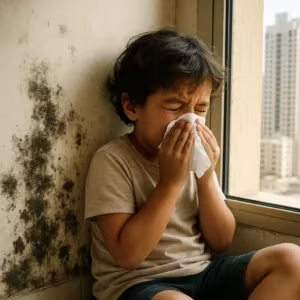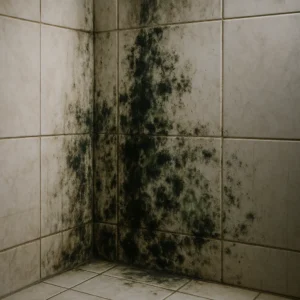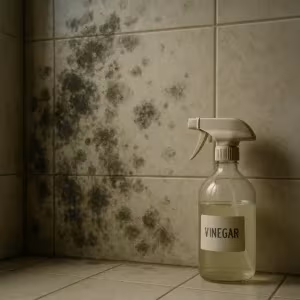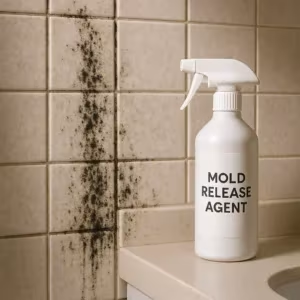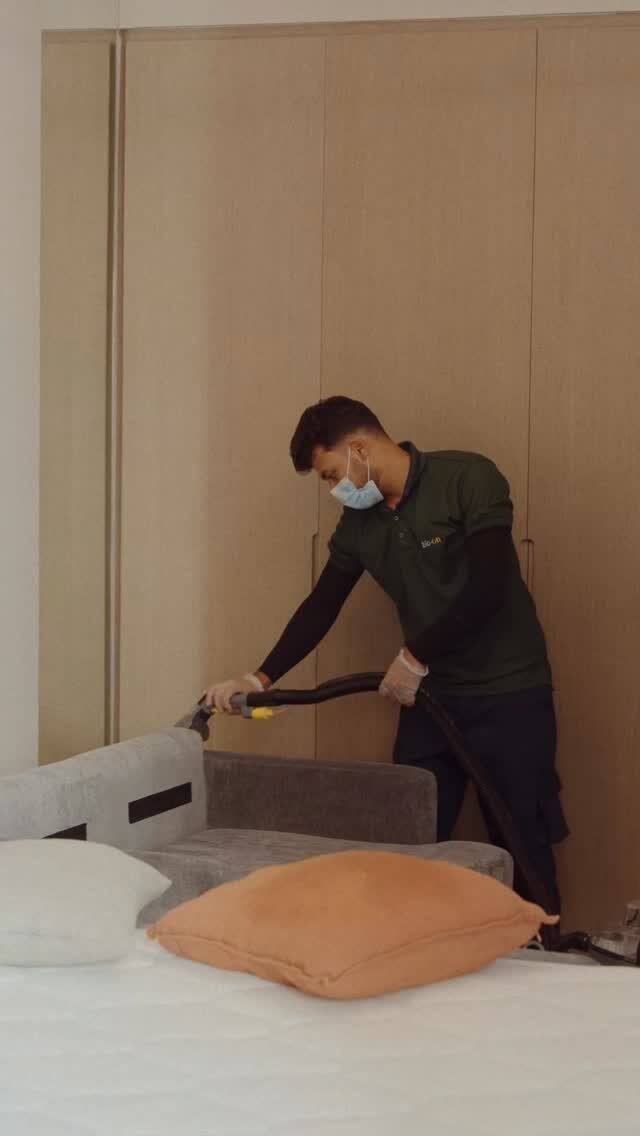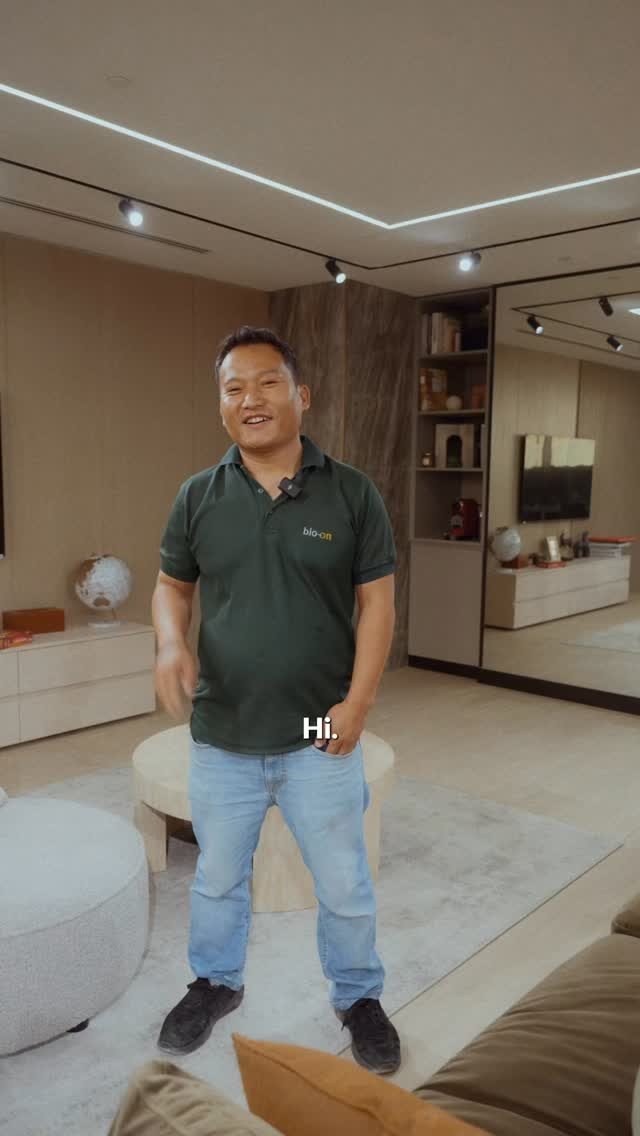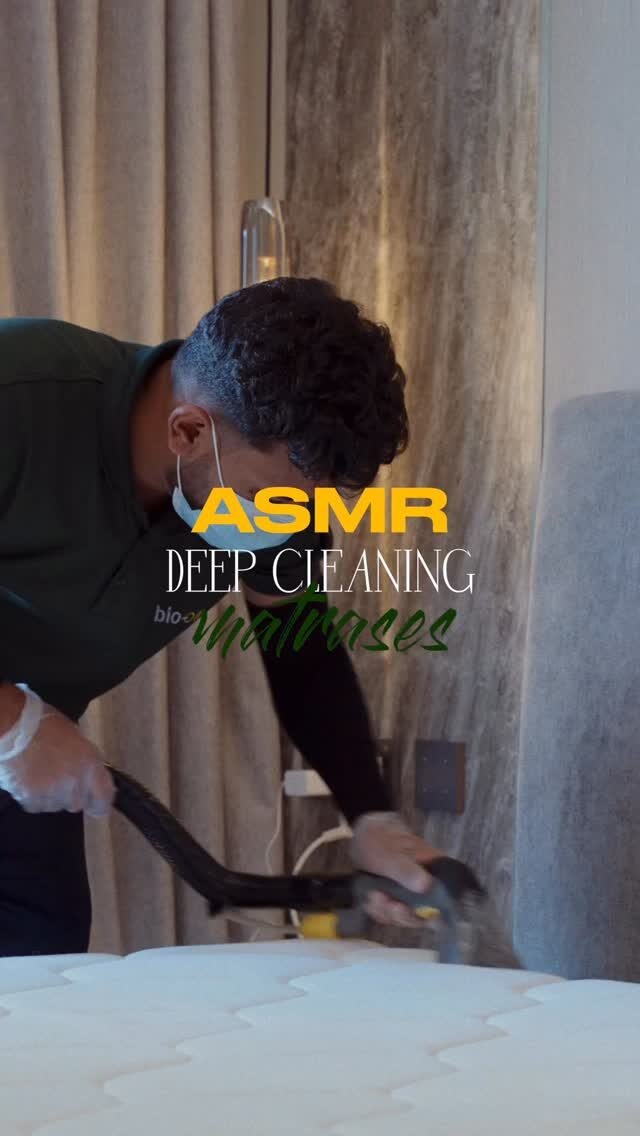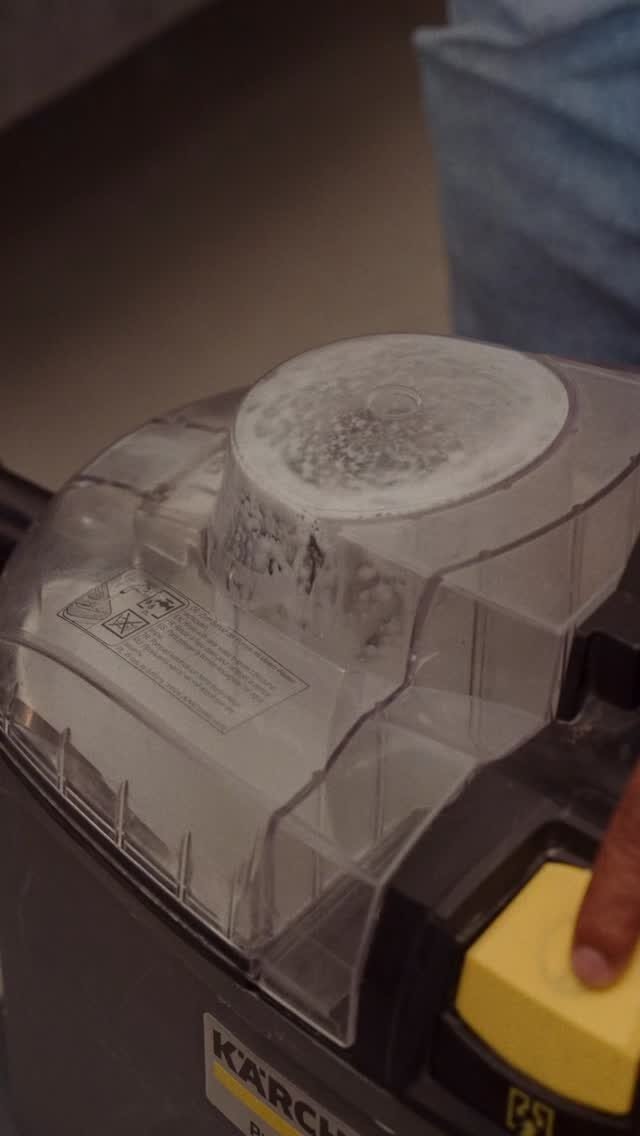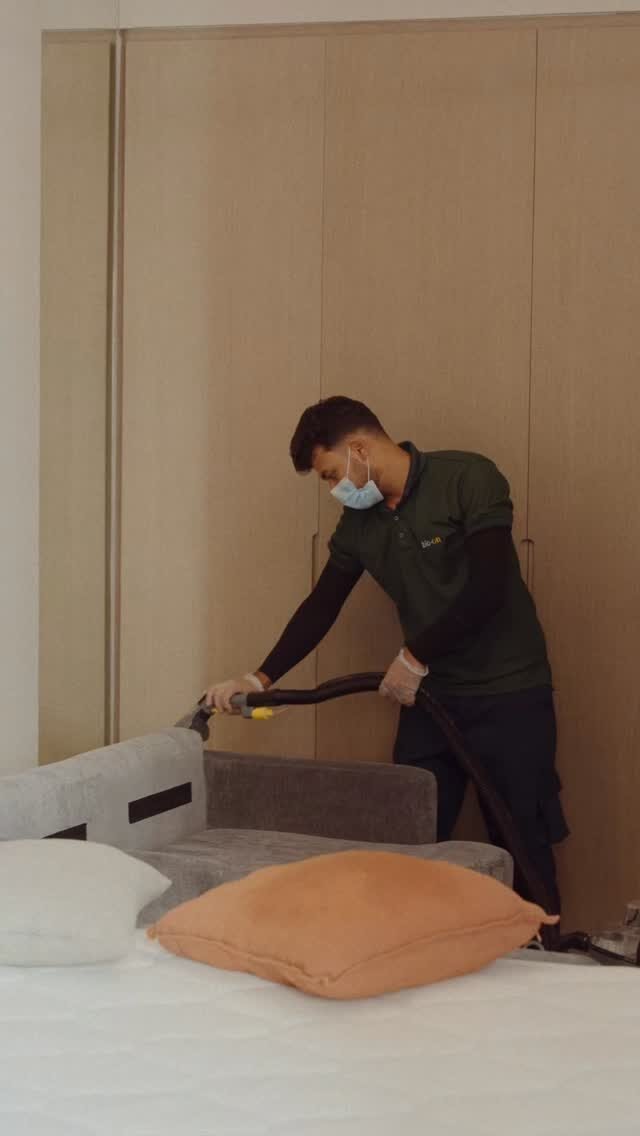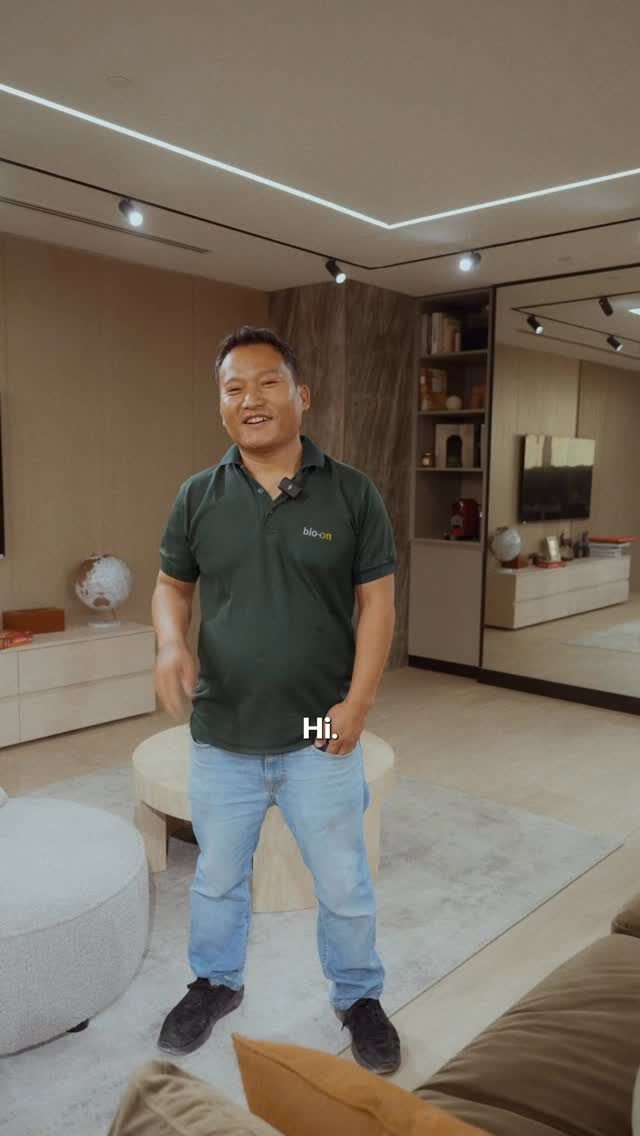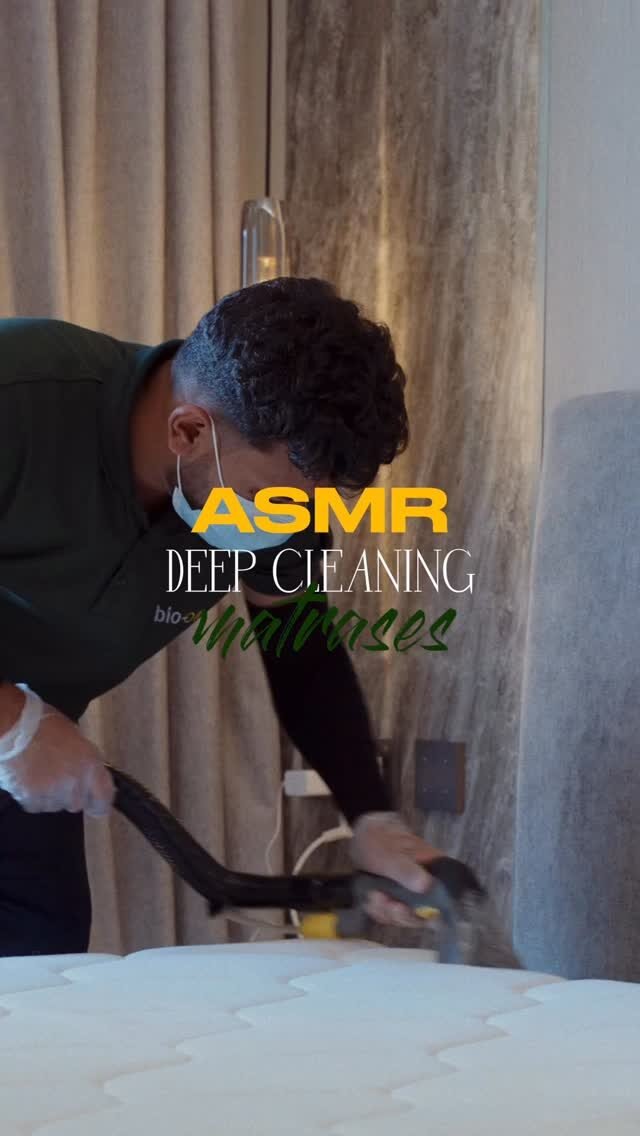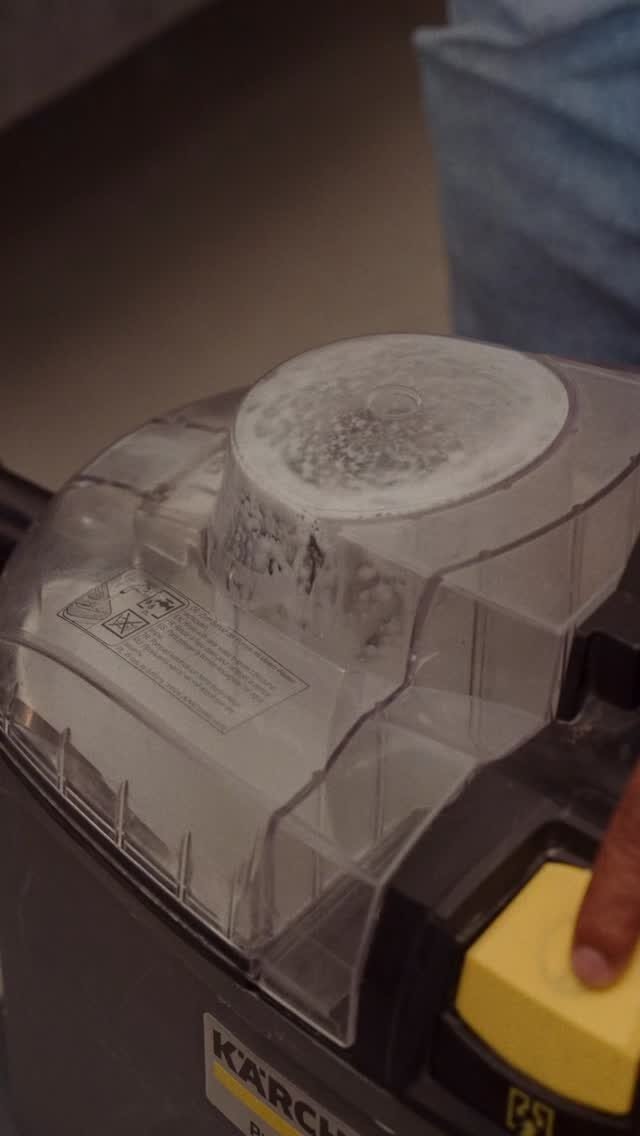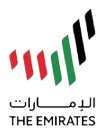Mildew is one of those silent invaders that can creep into your home without you realizing the extent of the damage it can cause. At first glance, it might seem like nothing more than a light stain or a harmless discoloration on the bathroom wall. But if you live in the UAE, where high humidity levels, constant air conditioning, and limited ventilation create a perfect environment for fungus growth, mildew can become a serious problem for both your property and your health. In this article, we will take you through everything you need to know about why mildew can be dangerous, how to identify it, the potential health and property risks, and the best ways to prevent and eliminate it in your home or office.
Table of Contents
Toggle1. Understanding What Mildew Really Is
Mildew is a type of fungus that is closely related to mold, but it tends to stay on the surface rather than growing deep into materials. It typically appears as a thin layer of white, gray, or light brown growth, often forming in patches that spread quickly in damp, warm, and poorly ventilated environments. While it is considered less aggressive than black mold, it still releases spores into the air, which can contribute to respiratory problems and other health concerns over time.
In UAE homes, mildew commonly forms on bathroom tiles, around AC vents, on window frames, and on any surface that tends to remain damp. The smooth surfaces in kitchens and bathrooms are ideal breeding grounds, especially when water droplets are left to dry slowly in a warm, enclosed space. Even though mildew can usually be wiped away more easily than deep-seated mold, it should never be ignored—it can return quickly if the underlying moisture issue is not addressed.
The difference between mildew and mold often confuses homeowners. Mold can be black, green, or even orange, and it penetrates porous materials like drywall or wood. Mildew, on the other hand, stays more on the surface but is still a type of mold in the fungal family. Knowing which one you’re dealing with helps determine the right cleaning method and prevention strategy.
2. Health Risks Linked to Mildew Exposure
One of the most underestimated dangers of mildew is its impact on human health. While not every mildew outbreak will cause illness, prolonged exposure to its spores can be especially problematic for individuals with allergies, asthma, or compromised immune systems. In UAE apartments and villas where air conditioning runs constantly and windows are often kept closed, spores can circulate indoors without adequate fresh air exchange.
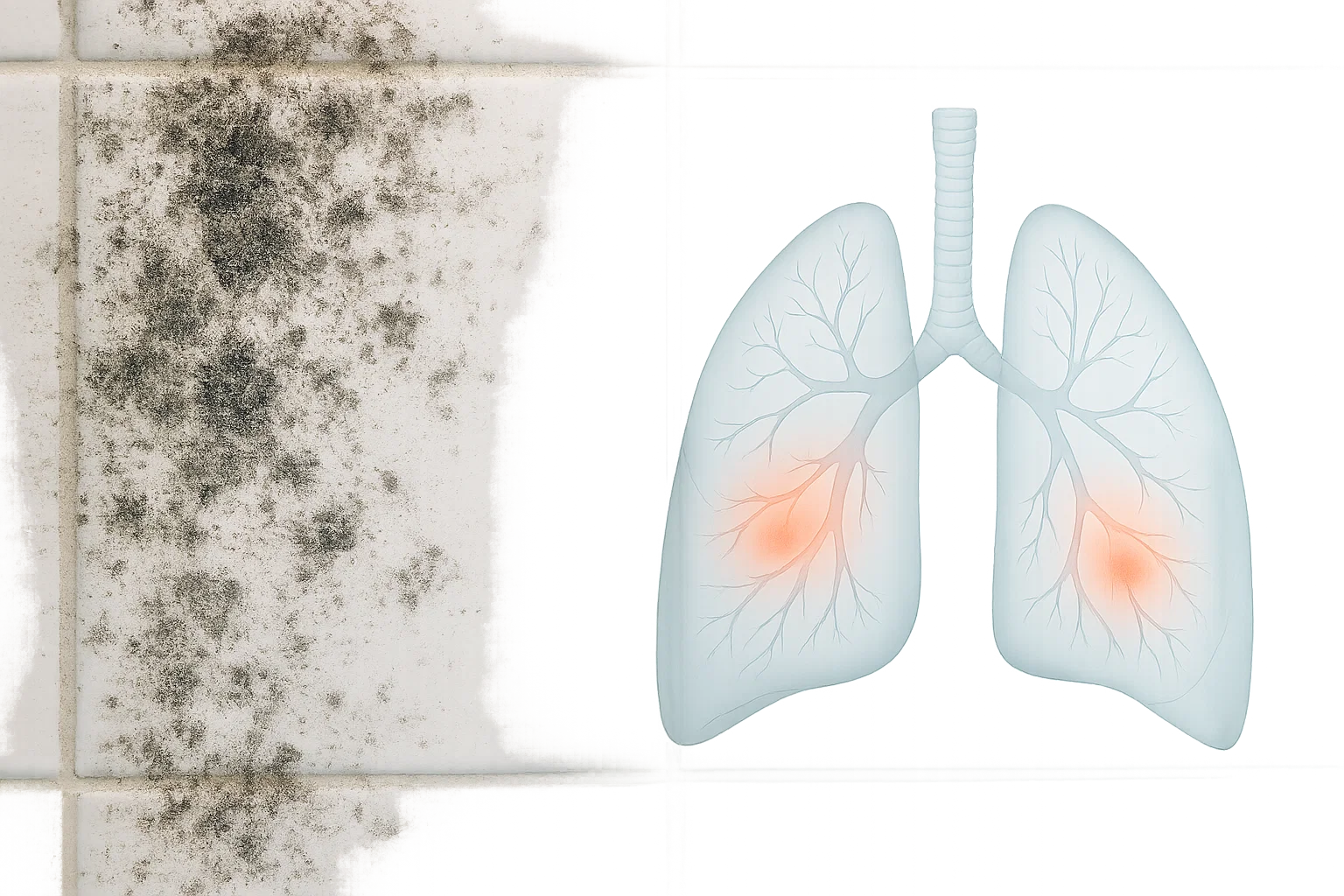
Common health effects of mildew exposure include:
- Respiratory irritation – coughing, wheezing, and throat discomfort
- Allergic reactions – sneezing, runny nose, and itchy eyes
- Skin rashes – contact dermatitis from touching contaminated surfaces
- Worsened asthma symptoms – increased frequency of attacks and severity
Long-term exposure in enclosed environments can cause more persistent respiratory issues, even in people without pre-existing conditions. Children, older adults, and anyone with chronic respiratory problems are most at risk. In some cases, mildew can even trigger sinus infections and headaches due to constant irritation of the nasal passages.
It’s important to note that mildew spores can cling to clothing, bedding, and upholstered furniture, which means they can easily spread from one room to another. This makes quick cleaning and proper containment essential during removal.
3. Property Damage Caused by Mildew
While mildew damage may not be as immediately destructive as black mold, it can still lead to costly repairs if ignored. It can stain walls, discolor paint, and leave stubborn marks on tiles and grout. Over time, if moisture remains present, mildew can damage the surface finish of wood, wallpaper, and certain plastics. The musty odor it produces can also be absorbed into fabrics, carpets, and curtains, making it difficult to restore your home’s fresh smell even after cleaning.
Another serious concern is that mildew often signals an underlying moisture problem—such as a hidden plumbing leak, poor ventilation, or condensation from air conditioning ducts. If these problems are not addressed, mildew will keep returning, and mold infestations may develop deeper within your walls and ceilings. At that point, repairs become more invasive and significantly more expensive.
In rental properties, recurring mildew can also lead to disputes between tenants and landlords, especially if it affects furniture or personal belongings. Preventing mildew growth is not only about maintaining a healthy home but also about protecting your investment in your property or rental agreement.
4. Why Mildew Thrives in UAE Conditions
The climate in the UAE might be hot and dry outdoors, but the way buildings are constructed and cooled creates the perfect microclimate for mildew indoors. Air conditioning cools air quickly, but the cooling process can also cause condensation to form on walls, windows, and ducts. This moisture, combined with the high humidity from showers, cooking, and laundry, creates the damp surfaces mildew needs to survive.
Many UAE homes, particularly high-rise apartments, have limited cross-ventilation. This means humid air from a shower or kitchen can stay trapped for hours. Bathrooms without exhaust fans and kitchens without proper range hoods are particularly vulnerable. The situation is worse in storage rooms and closets, where lack of air movement allows mildew to grow unnoticed on shoes, bags, and clothing.
Even villas with better ventilation can experience mildew problems if landscaping or irrigation causes excess moisture near walls, or if AC units drip water near living areas. Understanding these local conditions is key to developing an effective prevention plan.
5. How to Prevent and Remove Mildew Safely
Preventing mildew starts with controlling moisture levels in your home. Here’s a mix of proactive steps and cleaning techniques that work well in UAE environments:
- Improve ventilation – Install and use exhaust fans in bathrooms and kitchens. If possible, open windows briefly during cooler parts of the day to let fresh air in.
- Fix leaks immediately – Whether it’s a dripping faucet, a leaky AC unit, or a slow plumbing leak, tackle it early to remove the moisture source.
- Dry wet areas quickly – After showers, wipe down tiles and glass. In kitchens, dry any spills promptly.
- Control humidity – Use a dehumidifier if you notice condensation forming on windows or walls.
- Clean with anti-fungal products – Regularly treat high-risk areas with cleaners designed to kill mildew and prevent regrowth.
When cleaning mildew yourself, always wear gloves and a mask to avoid inhaling spores. Use a soft brush or sponge for non-porous surfaces, and avoid spreading spores to other areas. For porous materials like upholstery or carpets, professional cleaning is often the safest and most effective option.
If mildew keeps coming back after cleaning, it’s a sign you need a professional inspection. Experts can identify hidden moisture problems, use specialized cleaning methods to remove mildew completely, and apply preventive coatings to keep it from returning.
Conclusion
Mildew may not be as notorious as black mold, but it still poses real risks to your health and property. In the UAE’s unique indoor climate, it can grow faster than you think—especially in homes with constant air conditioning and poor ventilation. By understanding what causes it, recognizing the signs early, and taking both immediate and long-term prevention steps, you can protect your home and your well-being. If mildew is already taking hold or you suspect there’s a hidden moisture issue, click the contact button on the right-middle of this post and let us help you with expert, municipality-authorized cleaning and prevention solutions tailored for UAE homes.







